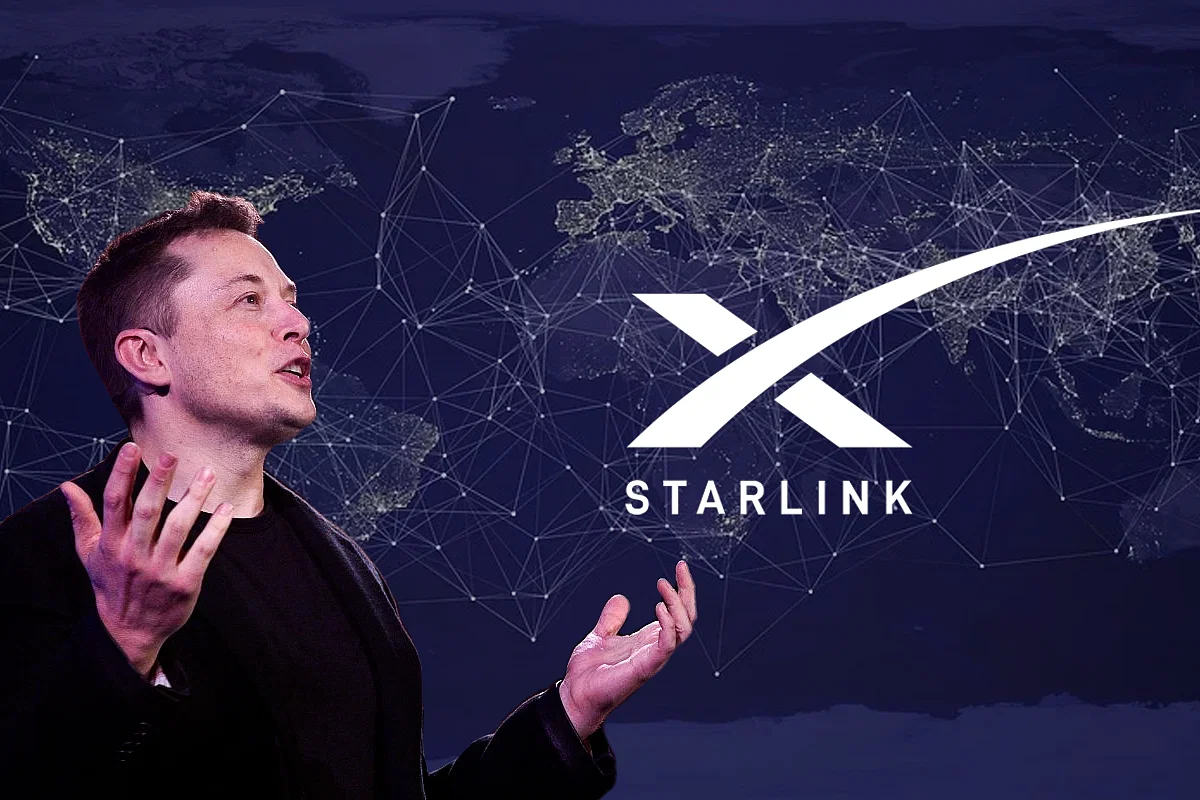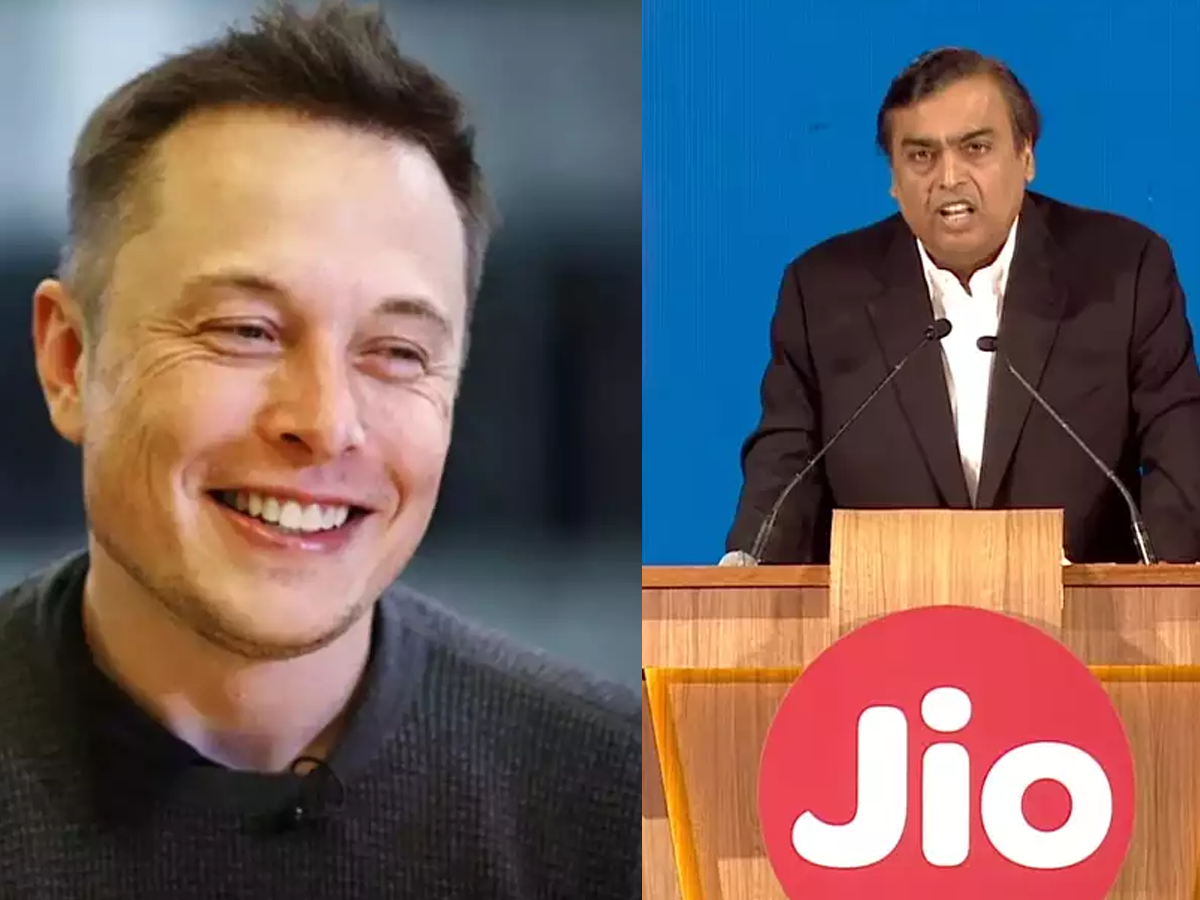Elon Musk, the visionary entrepreneur and founder of SpaceX, has set his sights on bringing the revolutionary Starlink service to India. Starlink, a satellite internet constellation, aims to provide high-speed internet access to even the most remote corners of the world. However, the ambitious endeavor faces significant hurdles as it navigates India’s complex web of laws and regulations. To expedite the process and make Starlink a reality in India, Musk advocates for the relaxation of prevailing regulations, an idea that has sparked controversy and opposition from notable players in the Indian telecom industry, including Reliance Jio.
As the demand for reliable and accessible internet connectivity continues to grow in India, Musk sees an opportunity to bridge the digital divide through Starlink. With its constellation of thousands of low Earth orbit satellites, Starlink promises to deliver fast and affordable internet services, particularly in underserved areas. However, the deployment of such a disruptive technology requires adapting existing regulations to accommodate the unique challenges and opportunities presented by satellite-based internet services.
Reliance Jio, a prominent player in India’s telecommunications sector, has openly expressed its reservations about Musk’s proposed approach. The company has voiced concerns over potential disruptions to the existing telecom infrastructure and the need for a level playing field in terms of regulatory compliance. The clash of interests between Musk’s SpaceX and Reliance Jio highlights the complexity and competition inherent in the pursuit of groundbreaking technologies within a regulatory framework.
Asia’s wealthiest person disagrees with the world’s richest man about how Starlink should launch its operations in India. Musk emphasized that satellite internet would be very beneficial for isolated communities that do not currently have dependable access to high-speed internet.

Why Is Elon Musk Opposed To The Entry of Starlink Into India by Mukesh Ambani?
Following a meeting this week in the US with Indian Prime Minister Narendra Modi, Elon Musk declared his desire to introduce Starlink to India. In isolated towns lacking high-speed services or with no internet access, the Internet service “can be incredibly helpful.”
Starlink’s foray into India hasn’t faced opposition from Mukesh Ambani. He has voiced concerns about the manner in which Elon Musk plans to begin business in the nation.
Musk wants to end the government’s traditional or widespread allocation of satellite broadband spectrum. Starlink wants India to grant licenses in accordance with a worldwide trend rather than sell the pertinent spectrum.
Spectrum, according to Elon Musk, is a natural resource that businesses should share. In letters made public by the Indian government this month, Starlink warned that geographic constraints imposed by an auction would increase expenses.
What About The Starlink’s Participation in Spectrum Sales?

Every active telecom provider in India has taken part in a number of spectrum auctions. Every generation of telecommunications technologies, including 2G, 3G, 4G, and even 5G, has generated considerable financial gains for the government.
The only business with nationwide 4G and even 5G licenses at this time is Reliance Jio. Elon Musk desires to omit the auctioning procedure. Starlink had already made an attempt to sneak into India in 2021 by accepting pre-orders without taking part in any auctions.
In other regions of the world, the distribution of spectrum without auctions is the norm. Additionally, 48 of the 64 comments received during India’s public consultation on the satellite spectrum allotment were in favor of licensing.
Other countries might imitate India if it is successful in forcing satellite internet providers to participate in auctions. These businesses would incur much higher expenses and investments as a result, raising the price of subscription plans.
This is the reason businesses like Elon Musk’s Starlink, Amazon’s OneWeb, and others are wary of entering India and launching a much-needed service that will undoubtedly help outlying regions of the nation.
The fact is Starlink has been given permission to operate in 84 administrations throughout the world. So, without taking part in auctions is really remarkable. In other words, the corporation is acquiring licences at a reasonable cost in many other nations, but it would need to pay a significant auction sum in India.







Be First to Comment